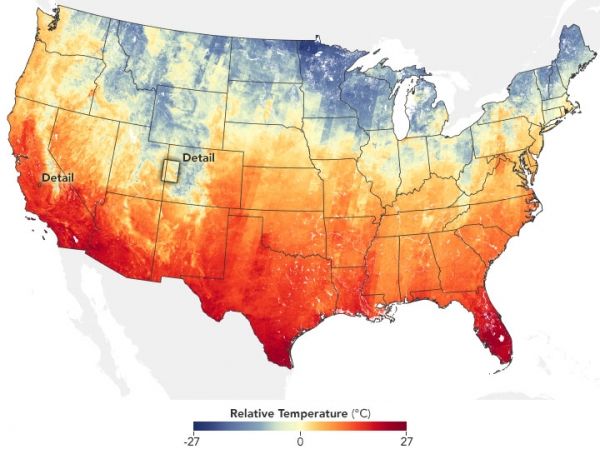Birds are pretty sensitive when it comes to temperature. Some species struggle to keep warm during cold winters. Other birds have expanded their range northward as global climate has warmed. It turns out scientists can use this close relationship between temperatures and bird behavior to predict bird biodiversity.
One way that ecologists assess biodiversity is by measuring the number of different species present in a given location—a measure that scientists call “species richness.” Information on species richness is useful for guiding conservation efforts, such as how to manage a landscape. But wildlife data can be relatively sparse and often reliant upon people in the field conducting surveys.
“To get around that issue, we try to think of variables that accurately represent where birds occur and can be more readily measured over large scales,” said Paul Elsen, a postdoctoral researcher at University of Wisconsin-Madison when the study was conducted. “Things like elevation and habitat have been used a lot for this, but we also know that temperature is a very important factor for birds.”
Continue reading at NASA Earth Observatory
Image via NASA Earth Observatory


